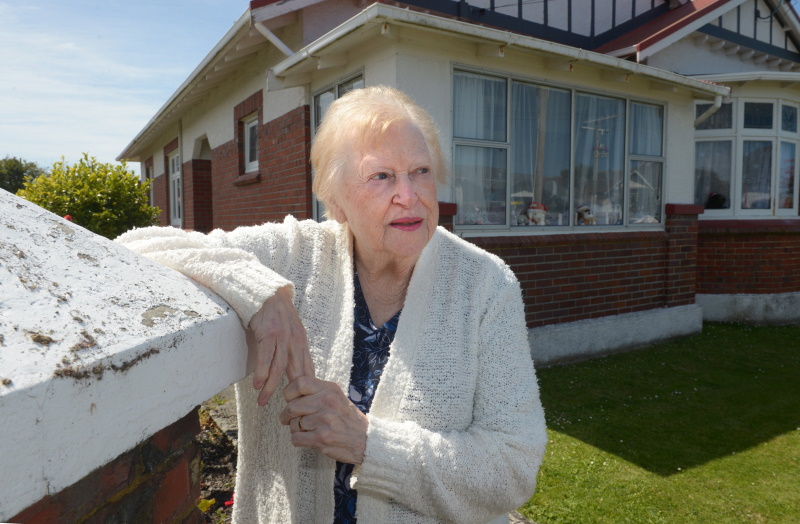
Research released yesterday by Te Ara Ahunga Ora Retirement Commission found 37% of the over-65s surveyed said their financial situation had become worse in the past two years.
Increasing cost-of-living pressures had caused 46% of participants to reduce social interactions or activities important to them, 28% bought less food and 26% were putting off medical treatment.
Grey Power Otago president Jo Millar said the results were no surprise to her — they matched what she had seen among some Otago seniors.
‘‘It’s a case of, ‘do I buy a loaf of bread or do I actually not go to the doctor’s just this month’,’’ she said.
‘‘Or, what concerns me even more, hearing people say, ‘I take my pills every second day because they last six months then’.
‘‘It ends up, apart from anything else, making them feel failures, when they’re not failures.’’
While supplementary payments were available to over-65s, they had not kept pace with the costs of living, Mrs Millar said.
Even people who owned their homes outright were struggling as council rates rose — some had opted to defer their payment, but were facing compound interest.
‘‘If the council’s not being able to deal with [rising costs], how on earth are people over 65 coping with a fixed income?’’ she asked.
‘‘Some of them are looking at whether they can afford to put insurance on their properties ... if anything happens, where are they going to be?’’
Mrs Millar said realistic changes, like alternatives to compound interest on rates, could help ease the pressure on pensioners.
Retirement Commission research lead Jo Gamble said the research highlighted how tough the past years had been on older New Zealanders.
‘‘For people on low incomes, completely reliant on New Zealand Super, the change in economic situation over the past two years has meant more than just tightening the belt, moving instead into day-to-day survival,’’ she said in a statement.
‘‘We can see that those who are renting, or who have experienced life shocks after 50 or have disabilities or long-term health conditions are finding things the toughest.’’
People with investments or KiwiSaver were nearly twice as likely to feel their financial situation was comfortable compared to those without.












